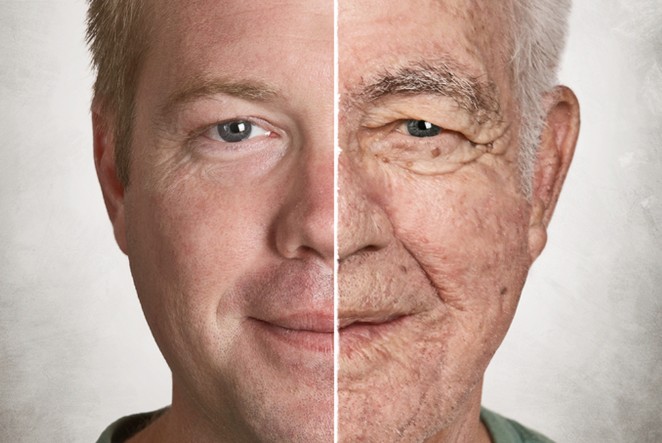New Research: Want to Stay Young? Eat Less
A study on mice reveals that consuming less food not only extends lifespan but also enables the body to repair itself and maintain youthfulness longer.
 (Photo: shutterstock)
(Photo: shutterstock)The modern world is captivated by the illusion of youth: everyone wants to stay young forever. The cosmetics industry largely thrives on promises that various creams will keep our facial skin as fresh as it was in our twenties, pharmacies offer an abundance of supplements with 'anti-aging' benefits, and more and more doctors are choosing to specialize in plastic surgery, knowing they will never lack clients.
A new study, however, claims there's a simpler and much cheaper way to slow down our aging process: eat less. The research found that consuming fewer calories slows protein production within our cells, which leads to a reduced aging rate. Instead of continuously producing new protein, the slower rate allows the cell to repair itself.
"The ribosome, the protein maker of the cell, is a complicated machine, somewhat like your cars," says John Price, the study's editor and a professor of biochemistry at Birmingham Young University. Ribosomes, like cars, are expensive and important – they use 10-20 percent of the cell's energy to build all the proteins necessary for the cell to function. Therefore, it's impractical to destroy a ribosome that starts to malfunction. However, regular repair of its parts – regular garage services, if you will – allows it to continue producing high-quality proteins for a much longer time, enabling the cells and the entire body to function optimally for a longer duration.
 (Photo: shutterstock)
(Photo: shutterstock)How can we slow the protein production rate of the ribosome to give it time to 'change tires' in the cell as needed? Research conducted on mice suggests the answer is calorie reduction.
Price and his research team observed two groups of mice. One group had unlimited access to food while the other was restricted to 35 percent fewer calories – an amount that still provided all the necessary nutrients for survival.
"When you reduce calorie intake, there's an almost linear increase in lifespan," says Price, "We deduced from this that calorie restriction causes real biochemical changes that slow down the aging process."
Price's team isn't the first to find a link between calorie reduction and lifespan, but it is the first to show how protein production slows and what the role of the ribosome is in creating the change that keeps the body young. "The mice that received fewer calories are more energetic and less sick. They not only live longer, they are simply younger in every way, because their bodies maintain themselves better."
However, Price warns that humans cannot cut calories indefinitely and expect to stay young forever. After all, this new knowledge has yet to be tested on humans. "The important thing is to understand that food is not just fuel for the body, it's a signal that tells our body and cells how to respond," says Price. "We are beginning to decode the mechanisms of aging, which will help us make better decisions about the food we consume in the future."

